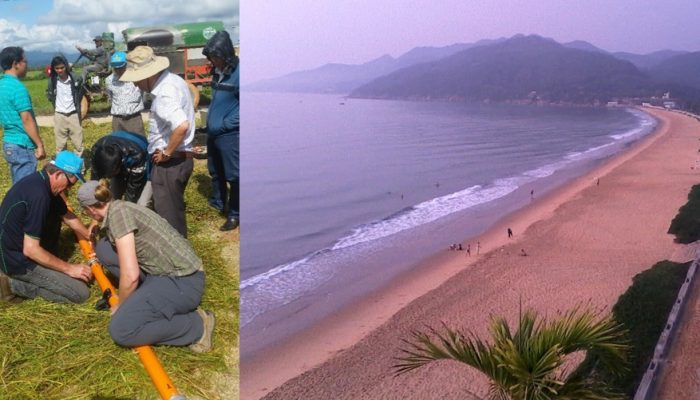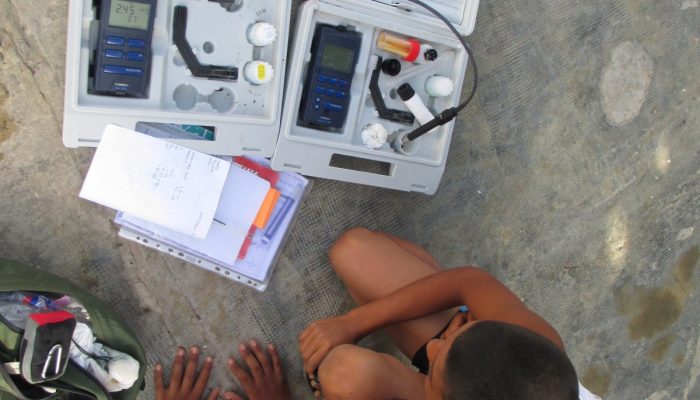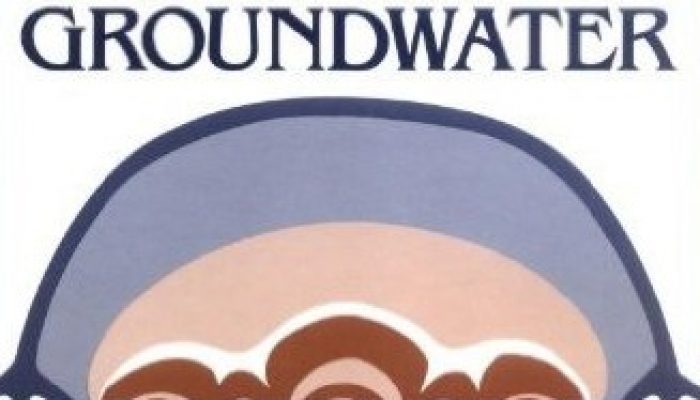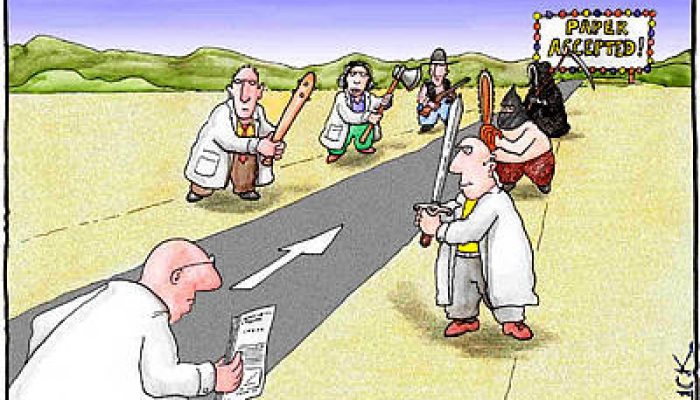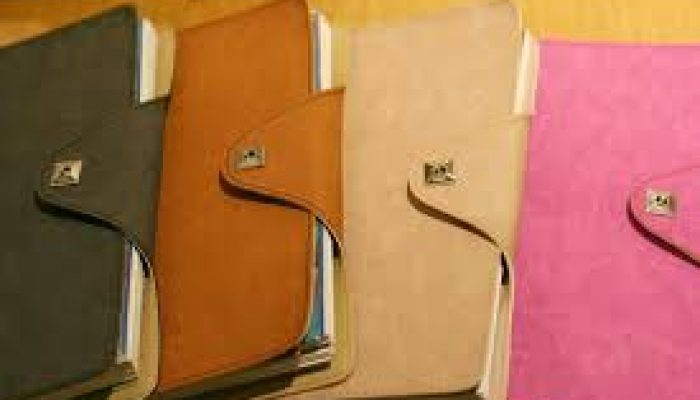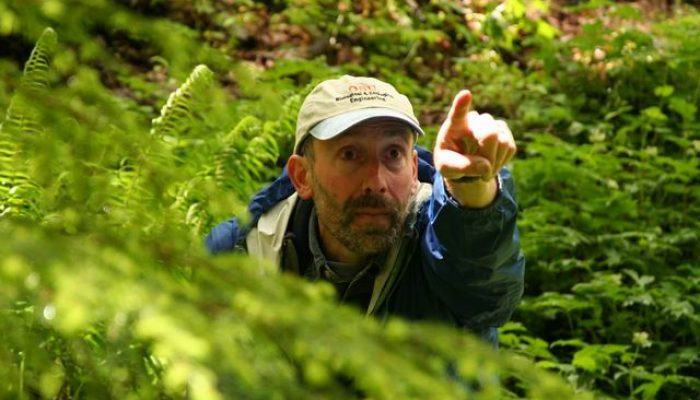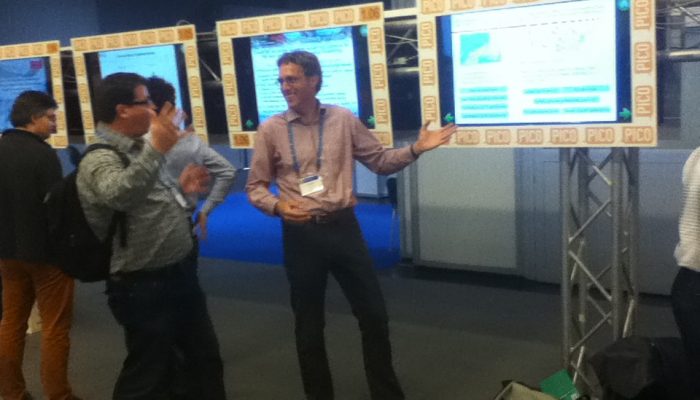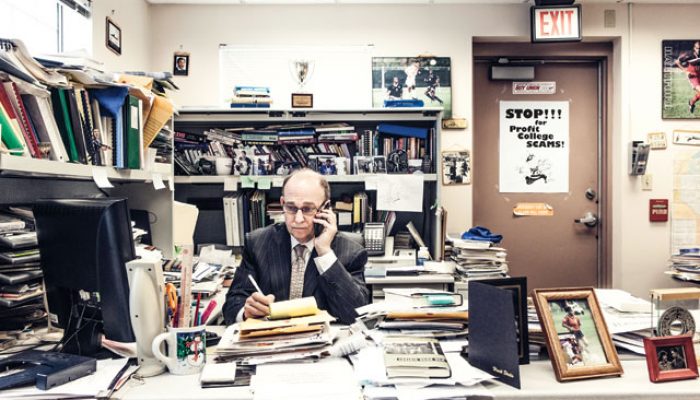Display "Why and how I communicate on social and traditional media, and some mistakes along the way…" from Vimeo Click here to display content from Vimeo. Learn more in Vimeo’s privacy policy. Always display content from Vimeo Open "Why and how I communicate on social and traditional media, and some mistakes along the way…" directly Water Underground creator Tom Gle ...[Read More]
Humanitarian groundwater projects; notes on motivations from the academic world
Post by Margaret Shanafield, ARC DECRA Senior Hydrogeology/Hydrology Researcher at Flinders University, in Australia. You can follow Margaret on Twitter at @shanagland. ___________________________________________________________ What led me down the slippery slope into a career in hydrology and then hydrogeology, was a desire to combine my love of traveling with a desire to have a deeper relations ...[Read More]
Groundwater & Education – Part One
Post by Viviana Re, postdoctoral researcher at the University of Pavia (Università di Pavia), in Italy. You can follow Viviana on Twitter at @biralnas. Part one of a two part series on groundwater and education by Viviana. ___________________________________________________________ Education /ɛdjʊˈkeɪʃ(ə)n The process of receiving or giving systematic instruction, especially at a school or univer ...[Read More]
One hell of a great groundwater textbook now available free
‘Groundwater’ the seminar text book from Freeze and Cheery (1979) is free in pdf now…just follow the links here. This text book is almost as old as I am and important parts of modern hydrogeology are rusty or non-existent (like hydroecology amongst other topics) but it is still lucidly written and useful. I routinely send students to read chapters so I am happy that it is now available free. Kudo ...[Read More]
How to peer review: skill-building in a grad classes
I teach how to peer-review in graduate class because I think it is a core skill for any professional. I first demystify peer-reviewing and academic journals, and answer questions that all students have about these topics that they have heard about but rarely learn about using this: I describe my personal experience as a manuscript submitter, reviewer and associate editor. And then I outline the s ...[Read More]
What is the best journal to submit groundwater research this year?
We all know about the flaws of impact factors, including how they lead to citing recent research, self-citing etc. But I thought it would be handy to compile a list of journals where well-cited groundwater articles are most often published. Like it or not, I sometimes look up this information and I assume other people do to. The impact factor is certainly not the only factor I use to decide where ...[Read More]
1200 words to make sense of chaos: The Selker Scheme
This is an inspiring article by John Selker (Oregon State University) that was first published in the latest AGU Hydrology Section Newsletter (July 2014). John graciously offered to re-post it here… make sure you make it to his rules and a secret at the bottom. Being elected a fellow of the AGU was an amazing honor, and I thank those who so kindly nominated me, somehow crafting a silk purse ...[Read More]
Two great science communication tools for conferences and teaching: smart screens and cell phones
A few weeks ago at the European Geosciences Union in Vienna I learned about two dead-easy and great science communication tools for conferences. These are great for any conference hall or meeting, but could be just as easily be used in the classroom to make a more exciting in class research presentations. For better or worse, most of us are carrying them (or looking at them!) right now: a smart s ...[Read More]
What busy profs would like to read in a blog post about active learning
During a great workshop today on active learning in engineering at McGill I asked two questions (using Socrative) , of the audience. Here is a summary of 24 answers I received: 1) I would like to read blog posts about: activities for large classes (18% of people) activities for small classes (30% of people) technology in active learning (22% of people) wacky or creative ideas for active learning(3 ...[Read More]
Surprises and lessons learned from co-teaching an inter-university graduate course
Contributed by Grant Ferguson, University of Saskatchewan grant.ferguson@usask.ca In an earlier blog post, Tom discussed some of the advantages and disadvantages of co-teaching a blended graduate course to students at McGill University, the University of Wisconsin – Madison and the University of Saskatchewan. This course wrapped up last month… we definitely learned a few things during ...[Read More]

